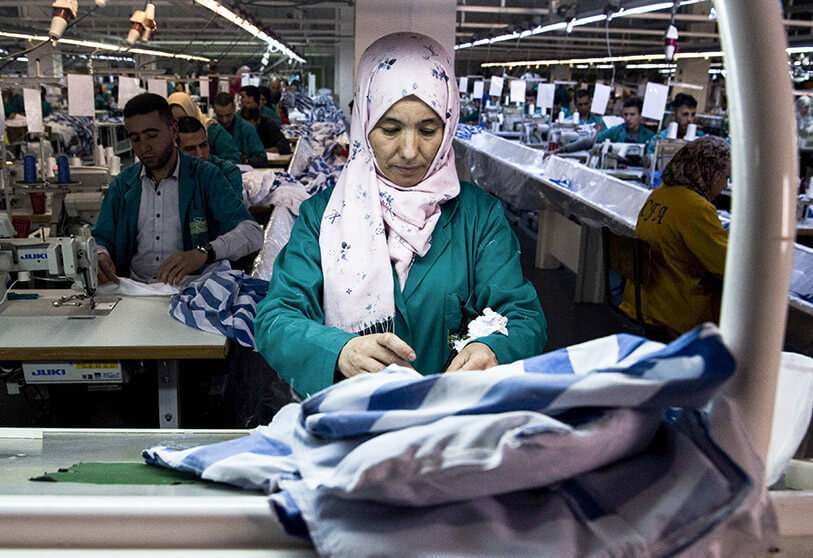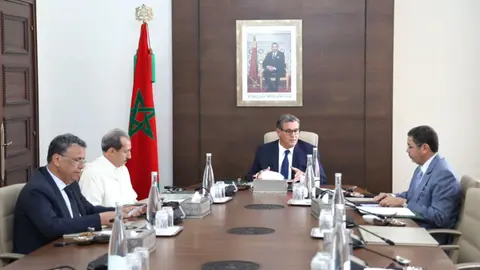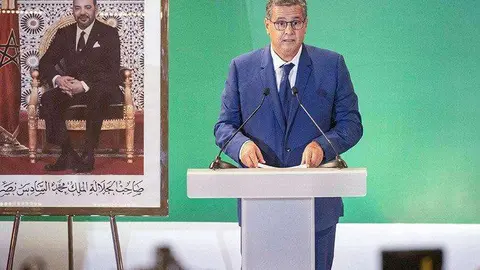Gender equality, a priority for Morocco

In recent years, the Moroccan authorities have made progress towards gender equality in key sectors such as education and employment. During 2023, several relevant decisions were taken in this regard, such as the implementation of the third plan for equality, announced by Moroccan Prime Minister Aziz Akhannouch before the House of Representatives in July. Also, through the reform of the Family Code promoted by King Mohammed VI, more forceful measures have been put on the table to achieve gender equality.
To address this situation, the Swedish Embassy in Morocco organised a meeting this week in Rabat. At this event, experts discussed the implementation of the recommendations of a recent OECD report on equality in education, employment and entrepreneurship in the Kingdom.
As Carlos Conde, head of the OECD's Middle East and Africa Division, acknowledged to Morocco World News, "there are still some obstacles to the full participation of Moroccan women in the labour market".
Despite these challenges, Conde stresses the importance of integrating women into the economy. According to Conde, economic empowerment in Morocco is part of a government strategy to improve national productivity, the country's competitiveness and facilitate the conditions for further economic growth that is capable of creating more jobs.
In this regard, as part of Rabat's plans for socio-economic development, the North African nation has set itself the goal of boosting female labour participation to 45% of the total workforce. However, based on last year's official data, Morocco is still far from achieving this goal.
As Morocco World News recalls, in 2022, female participation in the labour market was just 20%, even lower than in the previous year, when it was 22%. The World Bank, aware of this decline, warns that Morocco is the only country in the Middle East and North Africa that has witnessed a steady decline in the female labour force.

On the other hand, a report by Morocco's Higher Planning Commission (HCP) shows that by 2022, 73% of the 15 million active population outside the labour force were women. HCP data further indicate that a large 80 per cent of Morocco's female working-age population is outside the labour market.
Regarding this problem, Conde points out that Morocco faces broader employment problems due to population growth. "The economic system does not have the capacity to create the employment and jobs needed to absorb the young population," he explained during the meeting.
The head of the OECD's Middle East and Africa Division stressed that the Kingdom has an "extremely young" demographic structure, which means that every year the labour market has to offer more jobs and more opportunities. Despite this panorama, "the growth rates are insufficient to promote, to facilitate this access to employment", he lamented.
Women, in addition to suffering from problems related to the economy in general, face other challenges linked to social norms. UN Women's representative in Morocco, Leila Rhiwi, highlights to Morocco World News the burden of domestic work and care responsibilities. These two issues fall on women, making the workload "disproportionate" compared to that of men. "It is an obstacle to entering the labour market," adds Rhiwi.
The UN Women representative in Morocco also refers to the problem of violence, a scourge that can be faced by any woman anywhere in the world, in family settings, in the workplace and in public spaces.

However, despite the many challenges, Rhiwi expressed her optimism regarding current state efforts to achieve gender parity, as the Moroccan government has a roadmap that is aligned with that of the OECD.
Conde expressed himself in a similar vein, stressing his satisfaction with the government's plans to make women's participation in the labour force a priority.
"We are very happy that the Moroccan government has made it an important priority. And we are very happy to collaborate on that goal," he concluded.











